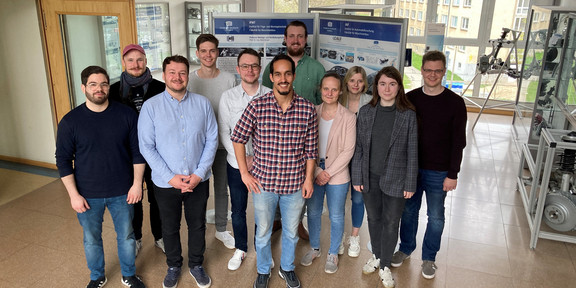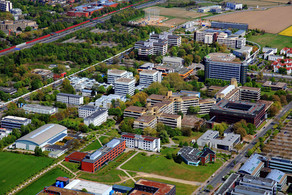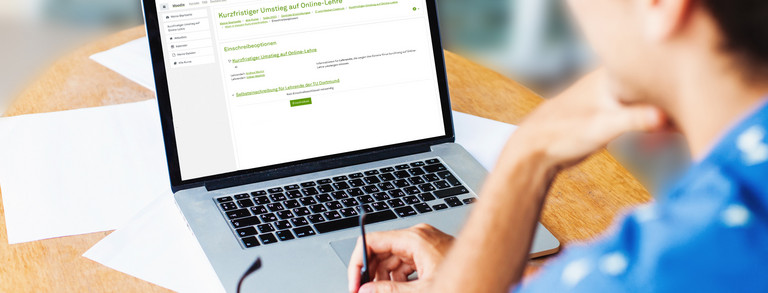Making the automotive industry more sustainable
- TU News

As a scientific accompanying project in the BMBF's funding line "Towards sustainable mobility through circular value creation (MobilKreis)", DIONA is overseeing twelve practice-oriented collaborative projects that are developing innovative system solutions for a more sustainable as well as circular production and use of vehicles together with companies from the automotive and mobility industries. DIONA will support these projects with a specially developed Digital Hub and work on overarching research questions. In addition, transfer events and cyberphysical laboratories will make the findings from the project accessible to an interested public and in particular to small and medium-sized enterprises (SMEs).
Components are to be reused
Production in the automotive sector is hand in hand with high resource utilization and emissions pollution. The aim of the project is therefore to promote a circular economy by refurbishing and reusing existing components instead of continuously producing new ones and thus consuming valuable resources. A good example of this are batteries in electric vehicles, which require rare earth elements for their production. Reprocessing these at the end of their life cycle significantly improves sustainability and efficiency.
"In order to be able to feed as many components as possible into the value-added cycle, we are using DIONA to analyze across all collaborative projects what data and information is needed both during production and during use," explains project leader Prof. Boris Otto: "Headlights or body parts, for example, could also be reused - but so far too little data has been collected and too little of the existing information has been evaluated. We would like to change that."
Contact for queries:
Picture credits: (f.l.) Antonio Isopp (Social Research Center sfs, TU Dortmund), Marlon Philipp (sfs, TU Dortmund), Robert Schmelzer (TU Chemnitz), Christoph Hoppe (Fraunhofer ISST), Joachim Hunker (Department of IT in Production and Logistics ITPL, TU Dortmund), Tennessee Schrage (TU Chemnitz), Benjamin Koch (TU Chemnitz), Stephanie Winkelmann (Chair of Industrial Information Management IIM, TU Dortmund), Fabienne Schnieders (IIM, TU Dortmund), Katharina Langenbach (ITPL, TU Dortmund) and Hendrik van der Valk (IIM, TU Dortmund).




